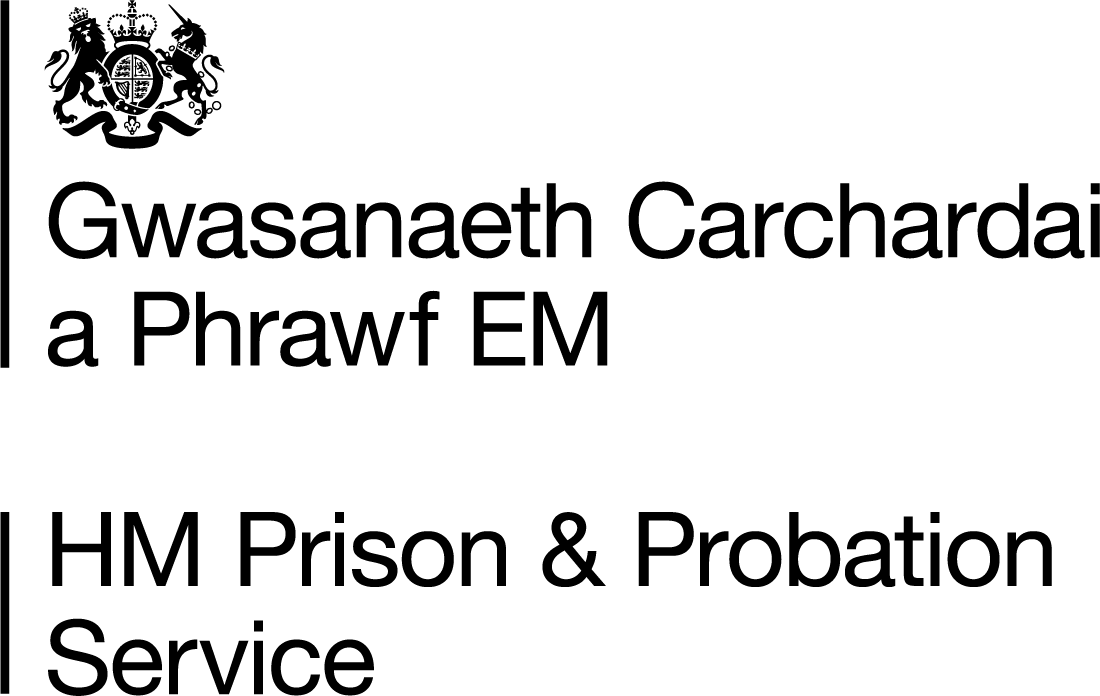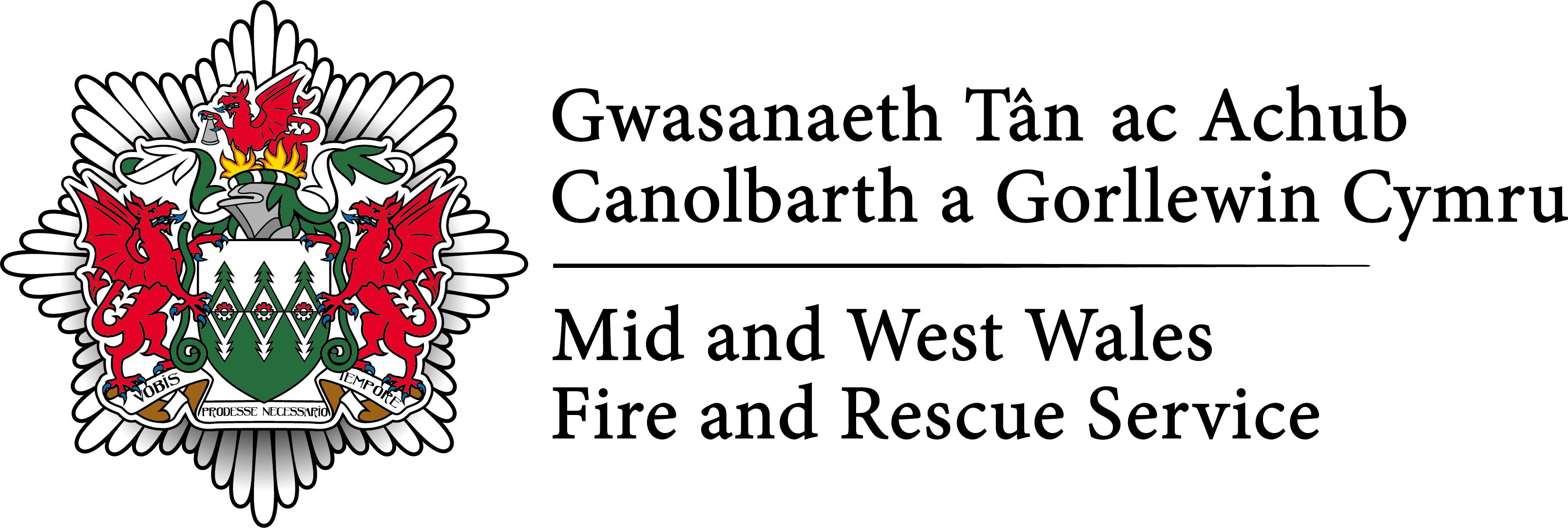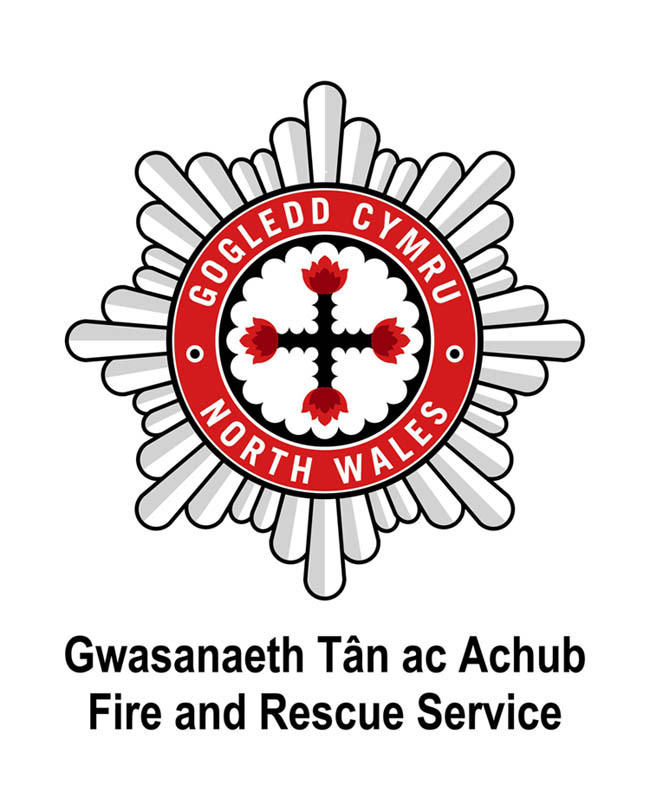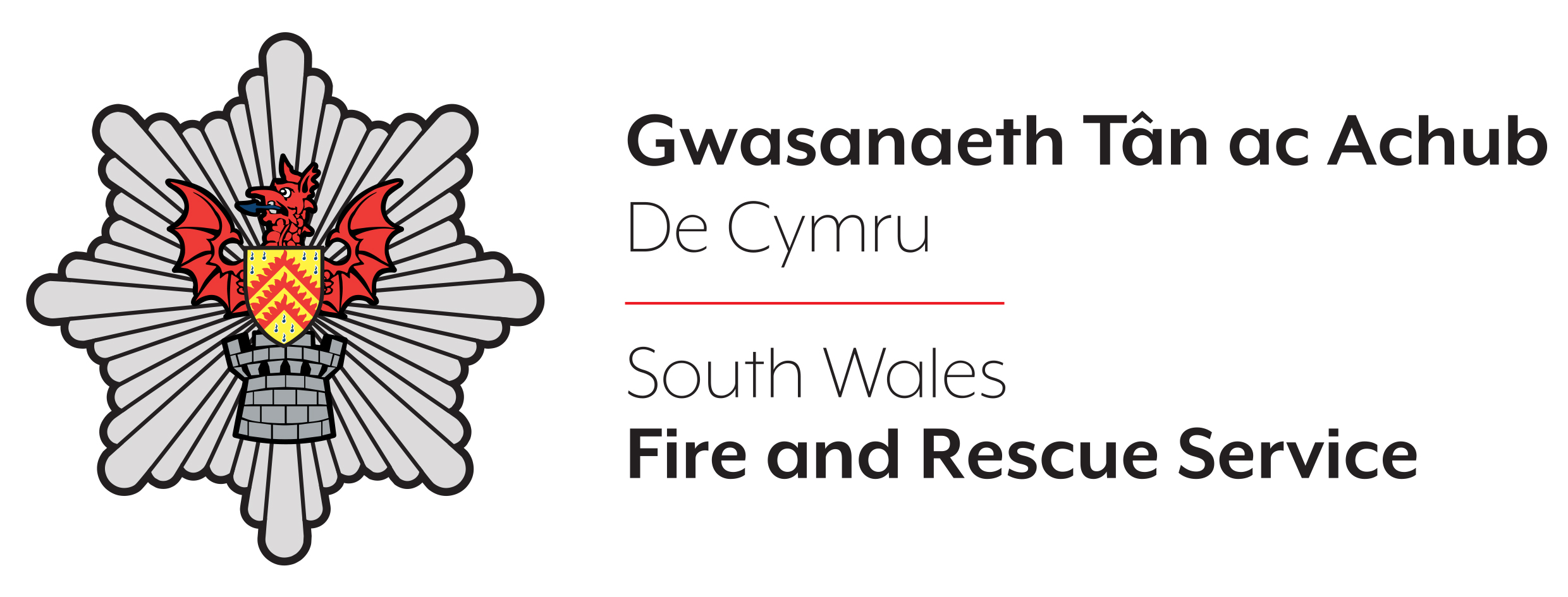Lessons Learned
Given that the sessions were delivered electronically (via MS Teams), whilst the breakout sessions in particular worked as well as they could, any future sessions may benefit from a face-to-face delivery to avoid technical issues and to enhance the quality of group discussion.
Comments from the evaluation indicated that youth work, whilst highly regarded as an intervention with young people, does not receive a similar level of recognition as other professions, such as social work and teaching, in particular in relation to the Prevent agenda.
Youth Work’s role in other related fields, such as Child Sexual Exploitation (CSE) has also been undervalued – despite not being taken seriously at the time, youth work was recognised in a number of reports as one of the few contributing sectors to emerge with any distinction regarding their roll. Similar feedback is emerging in the County Lines agenda, where youth workers are increasingly seen as having a crucial role in both identifying young people at risk of exploitation, preventing involvement in County Lines/gang culture and supporting them to exit its grip.
One important factor from the sessions was that the speakers from WECTU, the Police, the Psychologist specialising in radicalisation and the (recently retired) Home Office Prevent Advisor understood, recognised and celebrated the valuable role of youth work (an education intervention which engages with young people via a trusting relationship and on a voluntary basis), which had a positive impact.
As the model was so successful in raising awareness and knowledge of the Prevent agenda (with a focus on the safeguarding element), colleagues involved in its delivery are now working with the Work Based Learning sector to offer a similar opportunity for staff there.










